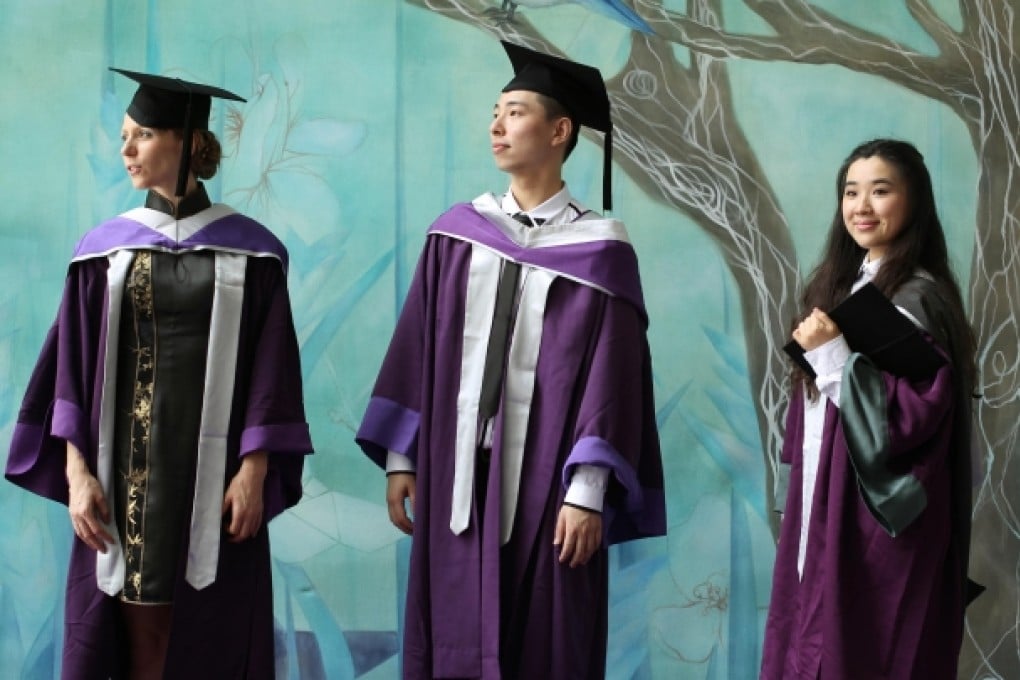Advertisement
Academy for Performing Arts hampered by lack of accommodation
Performing arts college is keen to diversify and welcome more overseas students but lack of accommodation is hampering its plans
Reading Time:2 minutes
Why you can trust SCMP
0

A lack of accommodation is holding back plans for the Academy for Performing Arts to bring in more students from outside Hong Kong.

"But the biggest challenge is accommodation," its director, Professor Adrian Walter, said.
"We don't have accommodation at the moment."
The institution is seeking ways to provide beds for overseas students as well as give local students some on-campus living experience. It might lease property near its Wan Chai campus as a stopgap.
The number of non-Hong Kong undergraduates at the academy has been rising steadily but took a big leap between the 2011/12 and 2012/13 academic years.
Advertisement